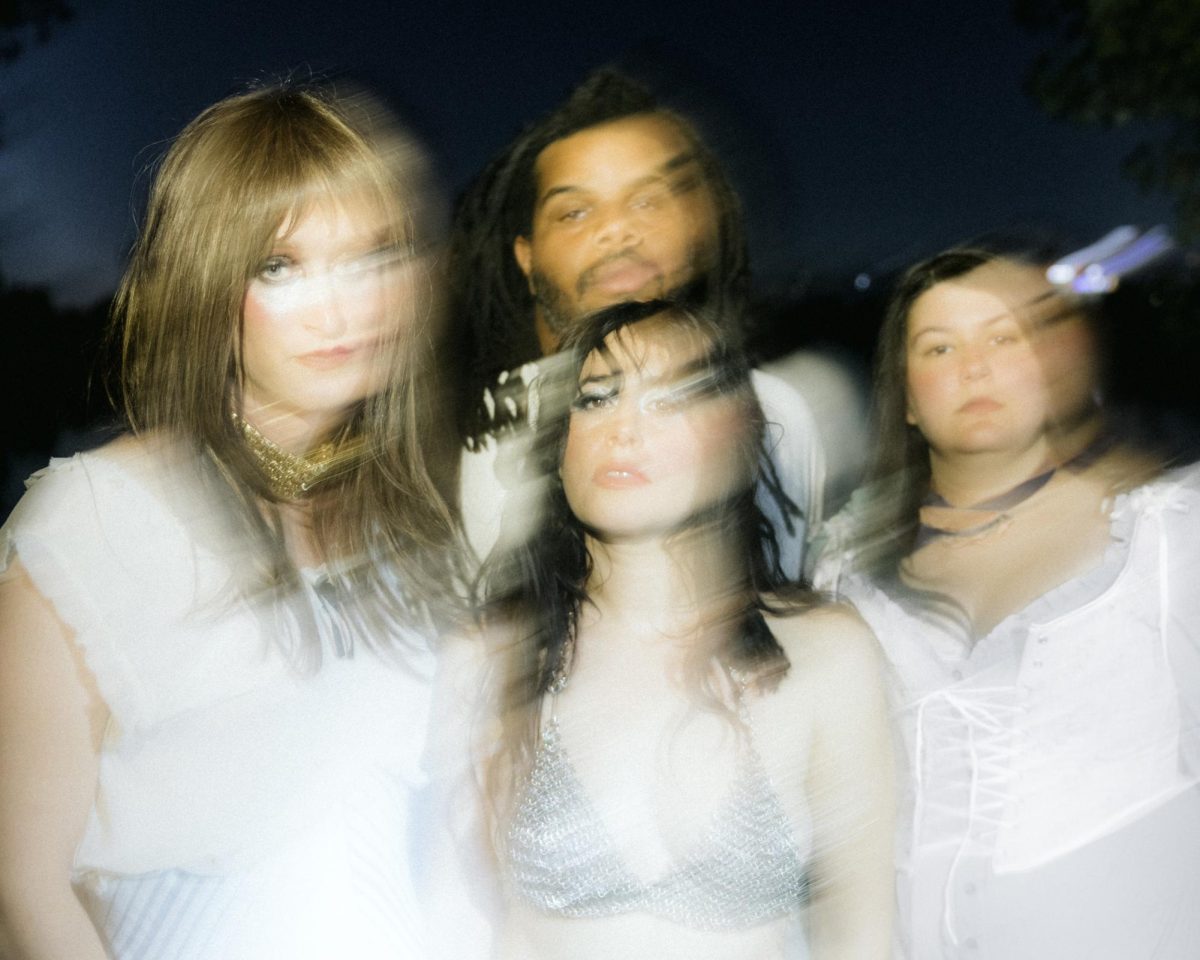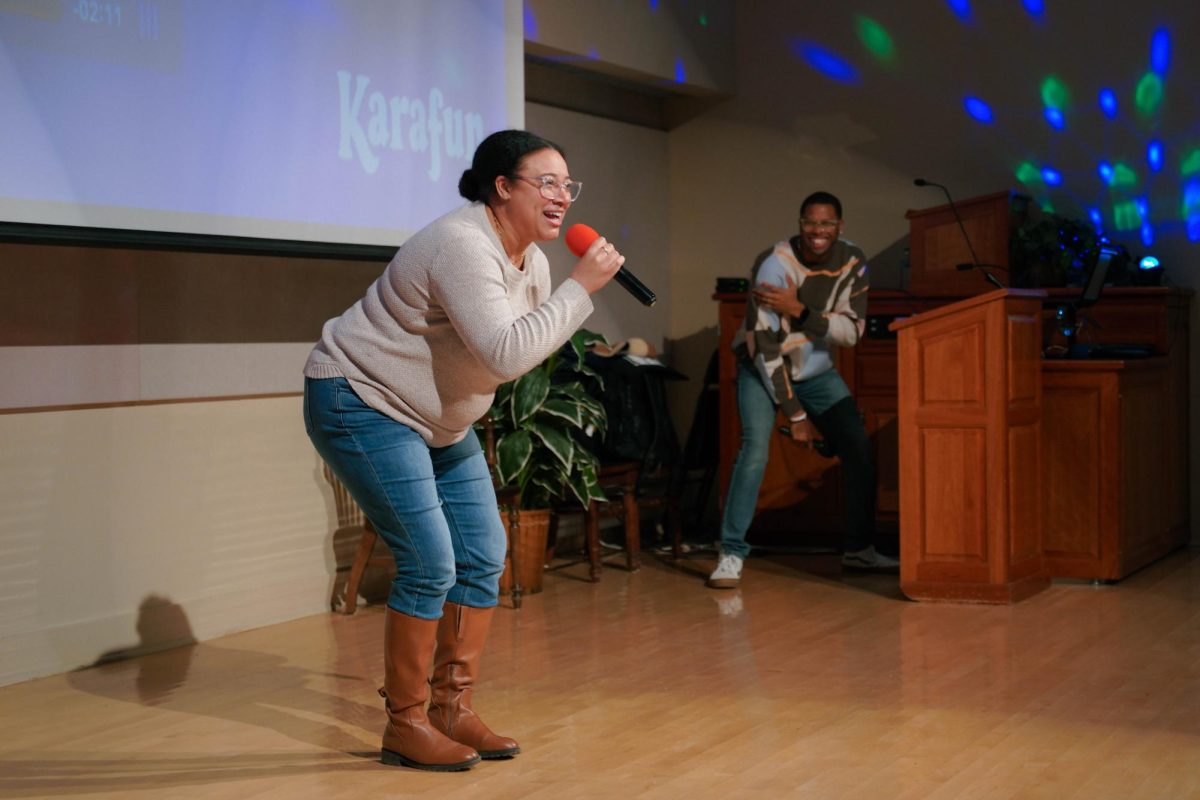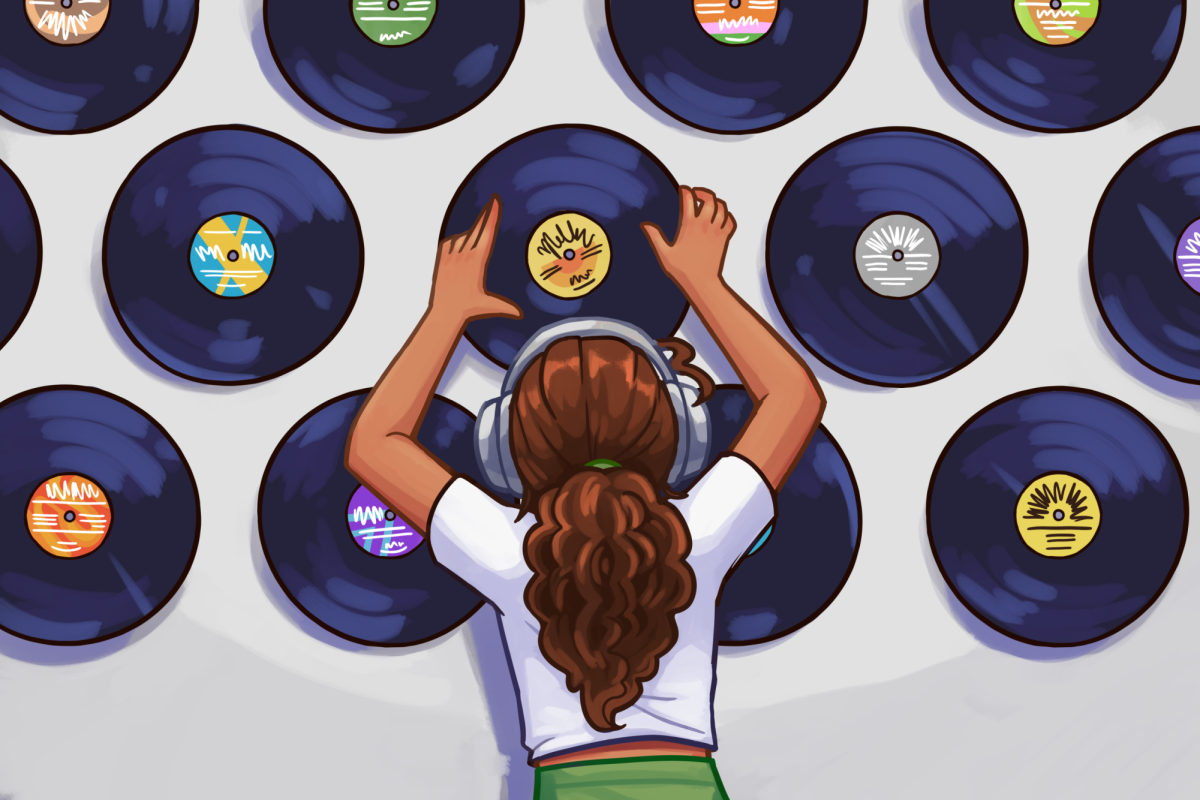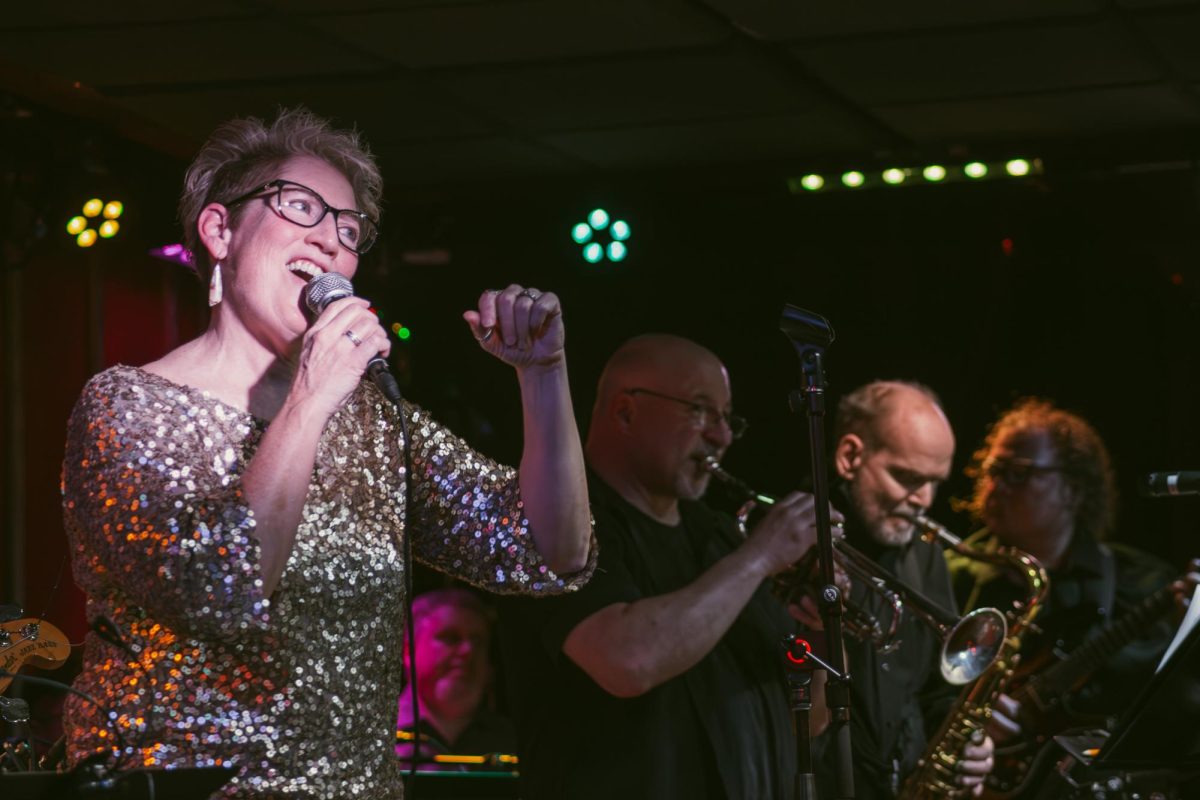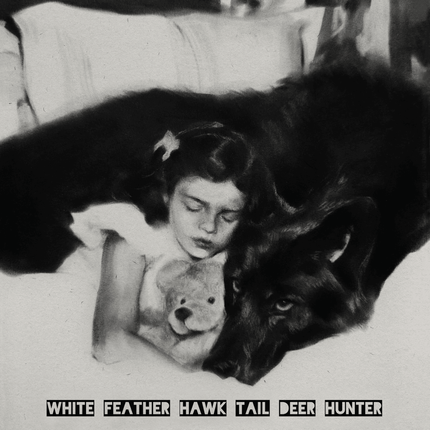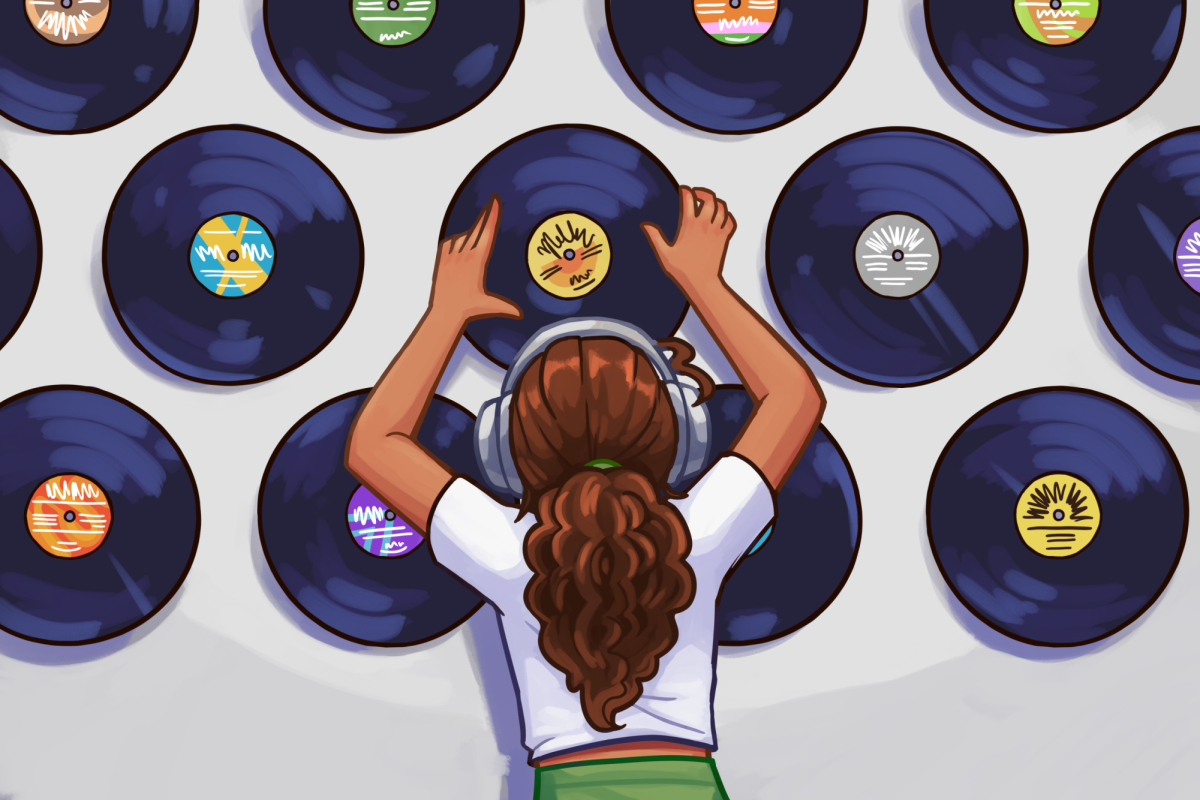Mannequin Pussy’s music is distinct. Vengeful vocals screech over searing guitars, and drums relentlessly pound in the background. Perhaps the most notable are its gritty, visceral and angry lyrics.
Lead singer and guitarist Marisa Dabice sat down with The Daily Illini to share her experience performing live, the reality of being an artist and the band’s fourth studio album, “I Got Heaven.”
Formed in 2010, the Philadelphia-based band consisting of Dabice, Colins Regisford, Kaleen Reading and Maxine Steen, has released four studio albums. Their most recent is a powerful declaration of rage and vulnerability, earning critical acclaim.
Dabice describes her relationship with “I Got Heaven” as similar to that with a human. While some relationships fade, she finds herself falling more in love.
“I’m just so proud of us for creating it and finishing it and putting it out into the world,” Dabice said. “It’s like the excitement hasn’t totally gone away from me yet … I’m still very proud of it and in love with it.”
Get The Daily Illini in your inbox!
Dabice didn’t start the album with a specific theme in mind. When she does, the album often spirals into something completely different, leaving her disappointed with the outcome. For “I Got Heaven,” she let the songs come together naturally.
“I think there is almost something subconscious that happens as a songwriter, where you don’t understand why these words are coming out of you,” Dabice said. “It’s a little bit like divine intervention, a bit, where you want to say something, but you’re not always in control of how the ideas come to you.”
“I Got Heaven” is intentional. At 10 songs and 30 minutes long, each song is deliberate and plays a key part in the album. One such sound is “Loud Bark.”
Steen originally wrote the riff for “Loud Bark,” a song Dabice struggled to shape lyrically due to its repetitiveness.
The lyrics of “Loud Bark” didn’t come easily to her until after an experience that left Dabice questioning the pressures of womanhood. After a conversation with someone who insinuated that she was “a waste of a woman” if she didn’t want to have children or become a wife, the lyrics came to her effortlessly.
“That experience angered me so much,” Dabice said. “I was just thinking about the ways that women are still really beholden to these very traditional roles and not seen as creative entities themselves or just people who are capable of making decisions for themselves or creating a world how they want to inhabit it.”
Dabice describes the song as having a “seething tension,” with the emotions of that interaction seeping into the music and creating a song both purposeful and raw.
“I think you can be unhinged and deliberate at the same time,” Dabice said. “I think that was just one of the very few things that help keep us sane in a very cruel and unrelenting world is feeling like we maybe at least have control over our own imagination and our ability to create something.”
For Dabice, performing live and watching the passion of her music come to life on stage is a defining part of her artistry.
Each performance allows her to access her rage and recognize the shared awareness that many people are going through similar situations and times.
“Stepping on stage and being able to perform these songs and seeing them take light in a space like this where that kind of access to cathartic rage is just so present … it continues to surprise me a bit,” Dabice said. “Our rage is necessary, our rage is real … We don’t have to pretend in this place, and we can just really enmesh ourselves in it.”
The size of the crowd doesn’t matter to Dabice. She plans to bring that intense energy to every venue, including The Canopy Club on April 3. To her, it’s less about the number of people and more about their presence — whether they want to be in the space, scream the lyrics or immerse themselves in the shared experience.
“I really believe that art and music are at their best when it doesn’t feel like something that’s existing on the top of a hill somewhere that you can’t access, when it really is getting into you and making you want to create as well,” Dabice said.
Dabice spent years refining her craft and building her reputation. She describes artistry as a “life-long practice” and something that requires an ongoing commitment.
“I think very often we are in a society where we expect immediate returns,” Dabice said. “We’re looking for that f—ing dopamine hit, and artistry and being an artist is really not that. The reality of it is that you spend years eating s—.”
To Dabice, creativity is a necessary part of life. Being an artist means moving through the world, recognizing your own creativity and accepting that others may not yet understand or appreciate it.
“You have to believe in yourself much sooner than anyone else is going to believe in you,” Dabice said. “So just keep making something, and if it hits, you’re gonna know when it does.”



